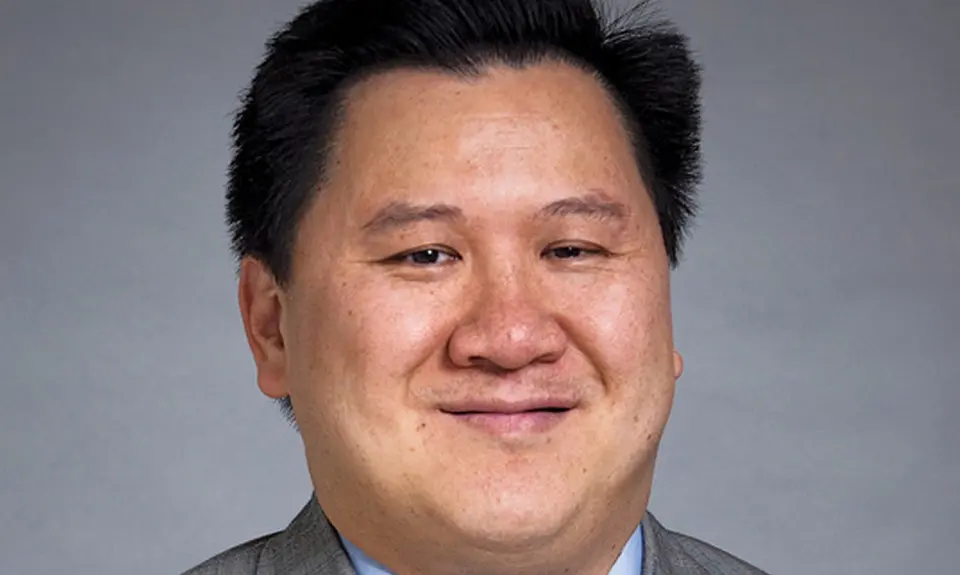“Confirmed Judges, Confirmed Fears” is a blog series documenting the harmful impact of President Trump’s judges on Americans’ rights and liberties.
Trump 5th Circuit judge James Ho wrote a dissent in October 2019, joined by Trump judges Kurt Engelhardt and Andy Oldham, that tried to reverse a panel decision that ruled that the family of an African American young man should have the chance to prove that police improperly shot and killed their son. Ho argued that the police should be immune from the lawsuit. Trump judges Don Willett and Kyle Duncan, along with the majority of the Fifth Circuit, declined to rehear the panel decision. The case is Winzer v. Kaufman County.
One morning in Kaufman County, Texas, police received a report that a “black male wearing blue jeans and a brown shirt” was standing in a rural street appearing agitated and shooting a pistol. Police went to the scene and saw a suspect matching the description, who fired at them and then disappeared. Police saw him again a few minutes later but he then again disappeared.
Several minutes later, the police saw a figure in a blue jacket, rather than a brown shirt, approaching them on a bicycle more than 100 yards away. The officers claimed that he was armed and “raised a pistol to a firing position.” One officer shouted at the figure to “put that down.” Within six seconds of first spotting the rider, police opened fire with automatic weapons and shotguns. Four bullets struck the rider, who fell off the bike and “fled out of view.”
In fact, the rider was apparently not the suspect who had previously fired at the police, but was 25-year-old Gabriel Winzer. Gabriel’s father later testified that his son was not armed with a real gun, but had a toy pistol that he had wanted to show the officers as he rode towards them with both hands on his handlebars. According to his father’s testimony, Winzer did not have “anything in his hands when he was shot.”
The officers found Gabriel with his father in their backyard after he was shot, where they both resisted being handcuffed, and the police then tased Gabriel. He went limp, and the police handcuffed him. Emergency medical personnel “later pronounced Gabriel dead at the scene.”
Gabriel’s parents filed suit, contending that police had used excessive force against Gabriel in violation of the Fourth Amendment. The district court granted summary judgment to the police on a number of grounds, holding that as to one officer who shot Gabriel and was properly sued, the officer should be immune from any liability because he had “probable cause” to believe that Gabriel "posed a threat of serious bodily harm.” The Winzers then appealed.
A 5th Circuit panel voted 2-1 to reverse the holding that the officer should receive immunity without a trial, and sent the case back to the lower court because of disputed issues of material fact concerning the shooting, as described above. The majority concluded that a jury could very well find that “a reasonable officer would not have determined that Gabriel was the dangerous suspect” who shot at them earlier and that “Gabriel posed such an imminent risk to the officers that the use of deadly force was justified within seconds of his appearance.”
The county tried to get the entire Fifth Circuit to rehear the case and reverse the panel ruling. The majority declined, including Trump judges Willett and Duncan and conservative George W. Bush judges Priscilla Owen, Edith Jones, and Catherina Haynes. But six judges, including Trump judges Ho, Engelhardt, and Oldham, dissented and would have vacated the panel decision. Ho’s dissent was particularly vituperative, asserting that there was “no factual basis in the record” and “no legal basis” for the panel majority’s decision, and that the courts should “stop punishing police officers who put their lives on the line” by declining to grant immunity in such cases.
Of course, the majority was doing no such thing in deciding that there were disputed issues of fact as to whether the police in this and other cases were acting properly, or whether they improperly used excessive force and injured, or in this case killed, an innocent individual. Fortunately, the Winzers will get a chance to prove that police acted improperly and should be held accountable for killing their son. If it was up to Ho, Engelhardt, and Oldham, however, they would not even get that chance.
